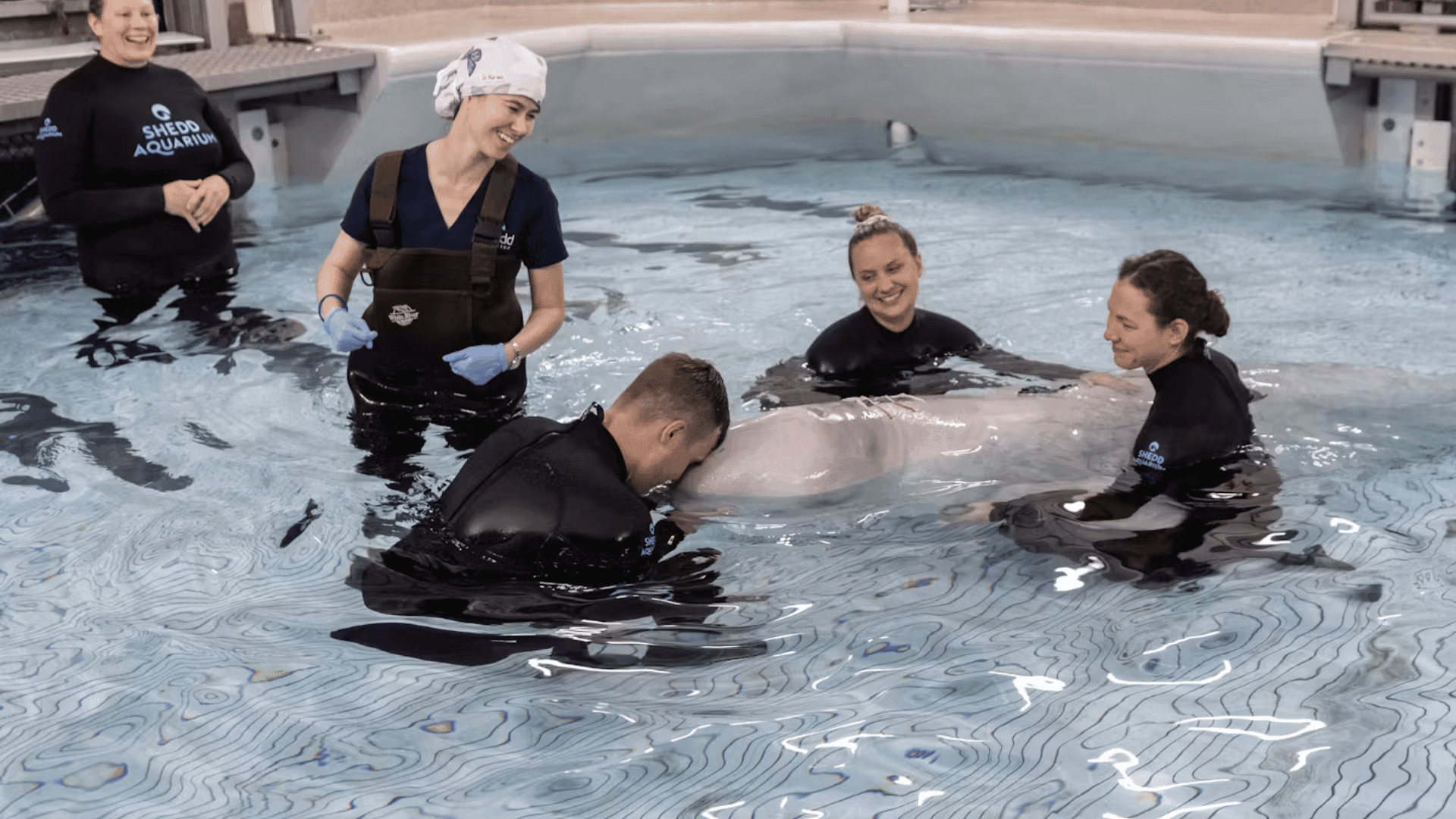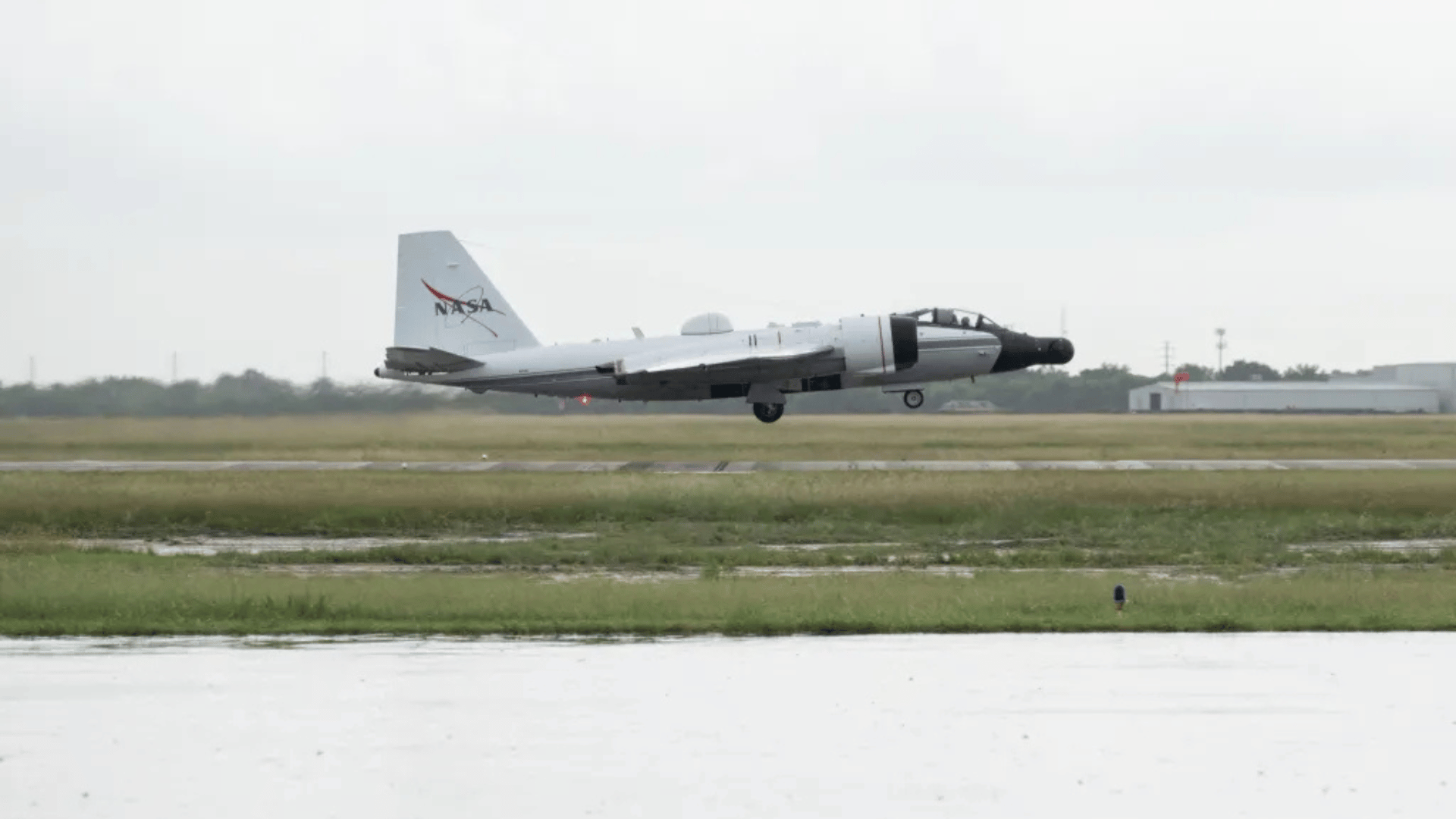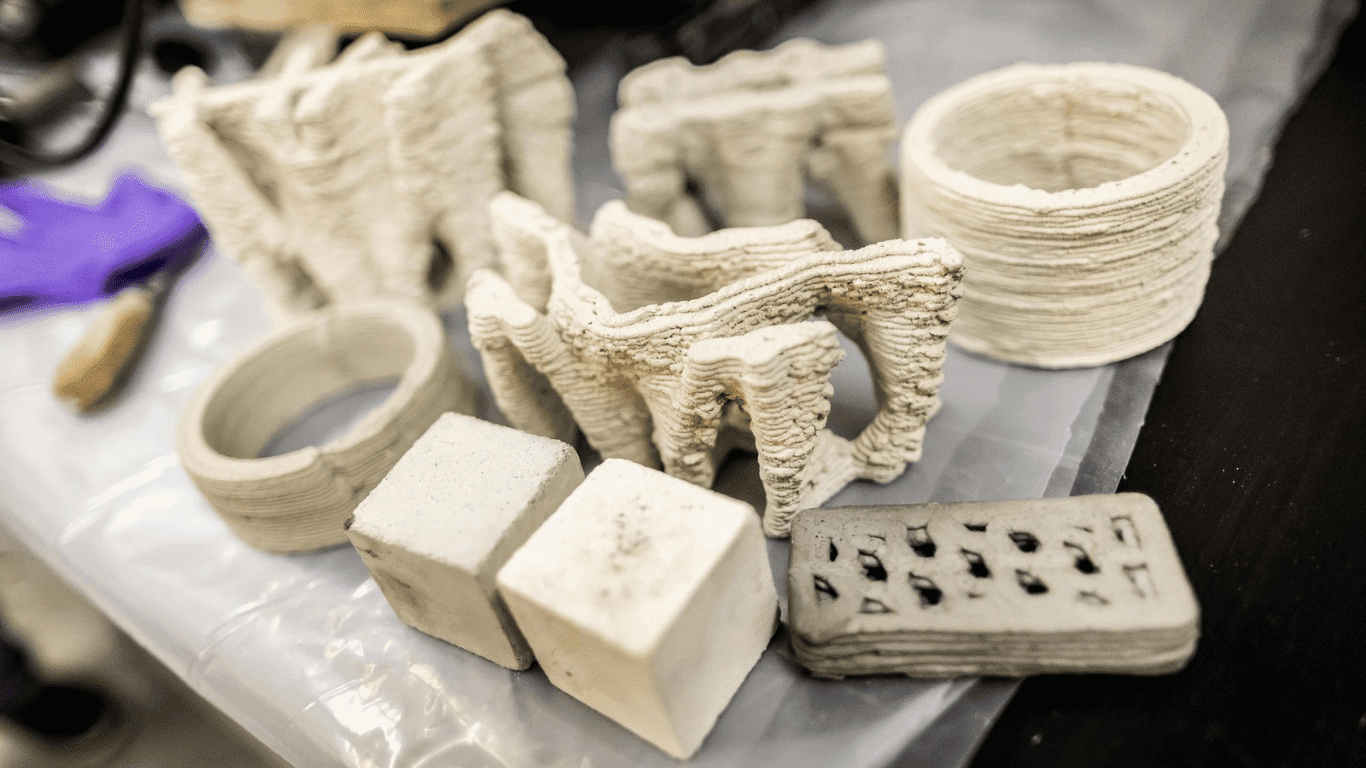For several decades now, humans have been using satellites to get a better understanding of the planet and outer space. Unfortunately, despite their usefulness, cost and wait times have kept many satellites grounded. While this problem has been lessened somewhat by modern technology, it’s still a prevalent issue. This is the very problem Stratolaunch wants to solve.

The World’s Largest Plane
Founded by Paul G. Allen, Stratolaunch is a startup dedicated to making orbital access easy and commonplace. It is also the name of the plane used by the company, although it also goes by the codename “Roc.” According to their website, “Stratolaunch uses a unique air-launch approach to deliver payloads to multiple orbits and inclinations in a single flight, which means better access to space for the world’s problem-solvers.”
The plane itself is the world’s largest, with a wingspan of over 380 feet (110 meters). A center wing keeps the two fuselages steady and airborne. Six Boeing 747 engines (Pratt & Whitney PW4056, to be exact) offer the propulsion to bring the Roc to its optimal altitude of 35,000 feet (10,668 m). Despite the massive size, it can take off and land like any standard jet plane. It is being built by American aerospace company Scaled Composites.
The launch vehicle is known as Pegasus. It can hold payloads up to 1,000 lbs. (454 kg) and up to four propellant stages, with three being mandatory. It was developed by Orbital Sciences Corporation and has been in use for over 20 years. With over 35 successful launches as of this writing, the Pegasus has proven itself and the capability of the Roc. In fact, due to the Stratolaunch’s unique design, up to three Pegasus units can be included per flight, drastically lowering costs and waits between launches.

Setbacks and Looking Ahead
Unfortunately, while the startup and premise shows a lot of promise, recent events have forced a few setbacks. The first was the passing of founder Paul Allen in October, with control of the company going to his sister, Jody. The second was earlier this year when it was announced they would be ceasing development on additional launch vehicles and engines. In an email to GeekWire, the company said “we are streamlining operations, focusing on the aircraft and our ability to support a demonstration launch of the Northrop Grumman Pegasus XL air-launch vehicle. We are immensely proud of what we have accomplished and look forward to [our] first flight in 2019.”
In January, the Roc successfully completed a taxi test, reaching speeds up to 136 mph. This is extremely close to the speed needed for takeoff, meaning plans to begin flights this year are on track. While this taxi test was completed before the cancellations and layoffs, it should still put Stratolaunch in the timeframe of a 2020-2021 launch. (Their website is a bit more optimistic, however- companies are welcome to schedule payload launches in 2019). Indeed, the FAA cleared the plane for “envelope expansion flight testing” in February, although specific testing dates have not been announced. This means commercial flights could start as soon as this summer.
Despite the setbacks, Stratolaunch has an edge on its competitors like Virgin Orbit. The design of the Roc makes it more efficient than single-payload planes. The air-launch feature alone is fascinating, especially if it proves itself in testing. There are already many satellites in orbit, scanning the cosmos and beaming the information back to us. But a new age of knowledge may be on the horizon, all thanks to a double fuselage and the vision of Paul Allen.

Influence the future and follow our World of Innovation.







